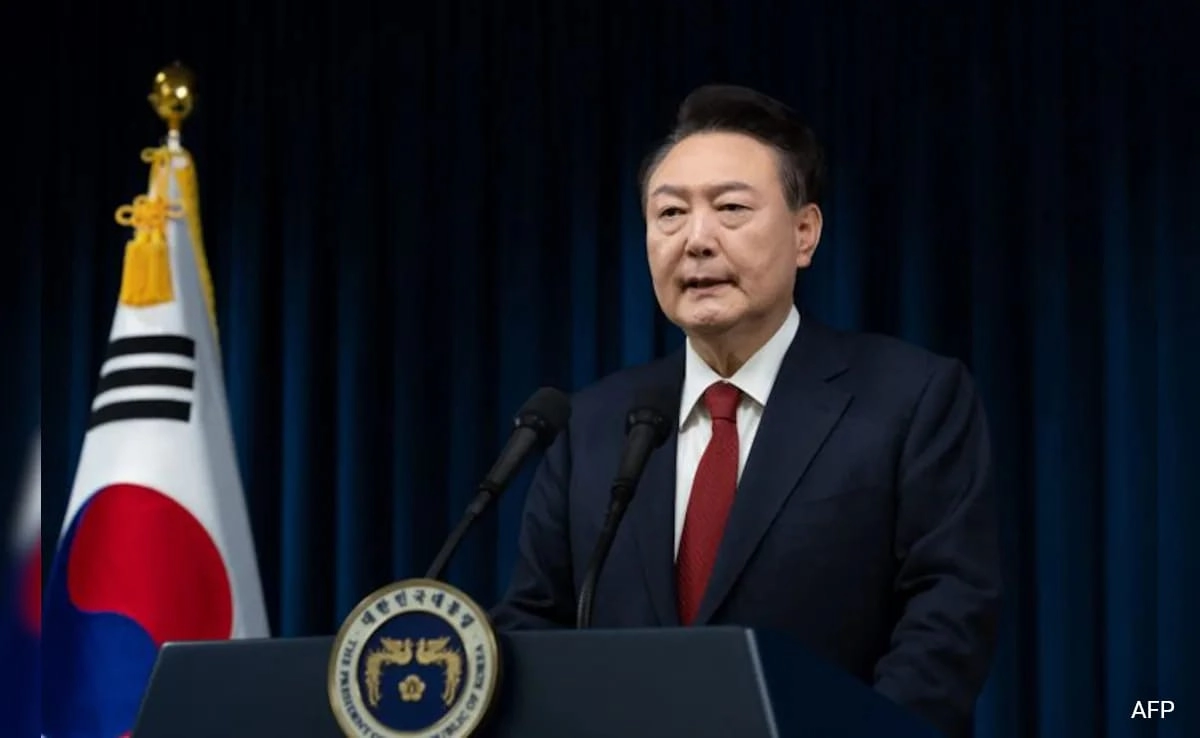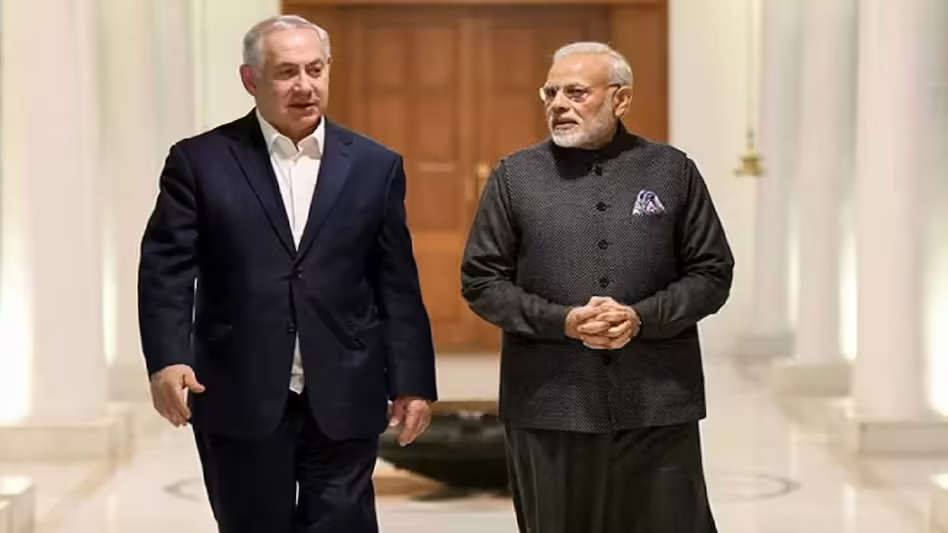In a heartfelt address, South Korean leader Yoon Suk-yeol expressed his profound disappointment and sorrow over his administration’s inability to meet the expectations of the public. Following a series of challenging events and decisions that have garnered criticism, Yoon acknowledged the emotional toll these circumstances have taken on both himself and the citizens of South Korea. His apology was not merely a political gesture; it was a deeply personal moment, revealing the weight of leadership and the immense pressure that comes with it.
Yoon’s admission came after a tumultuous period marked by economic challenges, social unrest, and growing discontent among various segments of the population. Many citizens had high hopes for his presidency, anticipating reforms and policies that would improve their quality of life and address pressing issues such as the economy, healthcare, and education. However, as reality set in, the gap between expectations and outcomes widened, leading to a palpable sense of frustration within the community. Yoon’s acknowledgment of this disconnect was a crucial step towards rebuilding trust and fostering a sense of accountability in his administration.
The emotional resonance of his apology reflects a broader sentiment in South Korea, where many individuals are grappling with their own feelings of disappointment and uncertainty in the face of various societal challenges. Yoon’s willingness to confront these issues head-on is indicative of a leader who is not only aware of the responsibilities that come with his position but is also attuned to the emotional landscape of his constituents. By openly expressing his regrets, he aims to bridge the gap between the government and the people, signaling a commitment to listen and adapt in the pursuit of better governance.
As Yoon moves forward, the path to recovery and redemption will be fraught with challenges, but his candid reflection may serve as a turning point for his administration. By acknowledging past shortcomings and expressing a desire to learn from them, he has the opportunity to reshape his leadership approach and engage more meaningfully with the public. This moment of vulnerability could lay the groundwork for a more empathetic and responsive government, one that prioritizes the voices of its citizens and works diligently to meet their expectations in the future.




